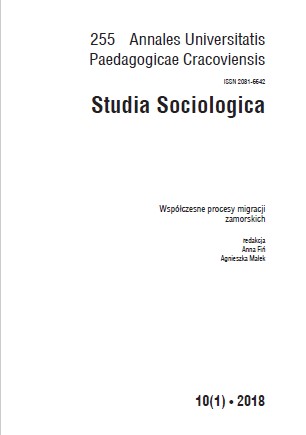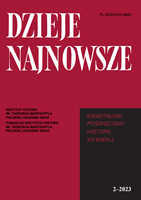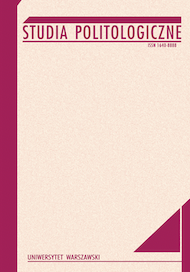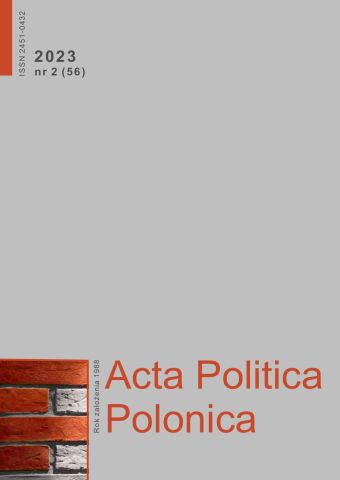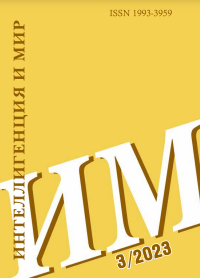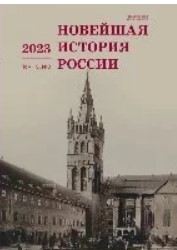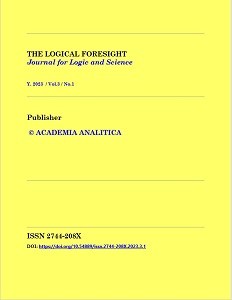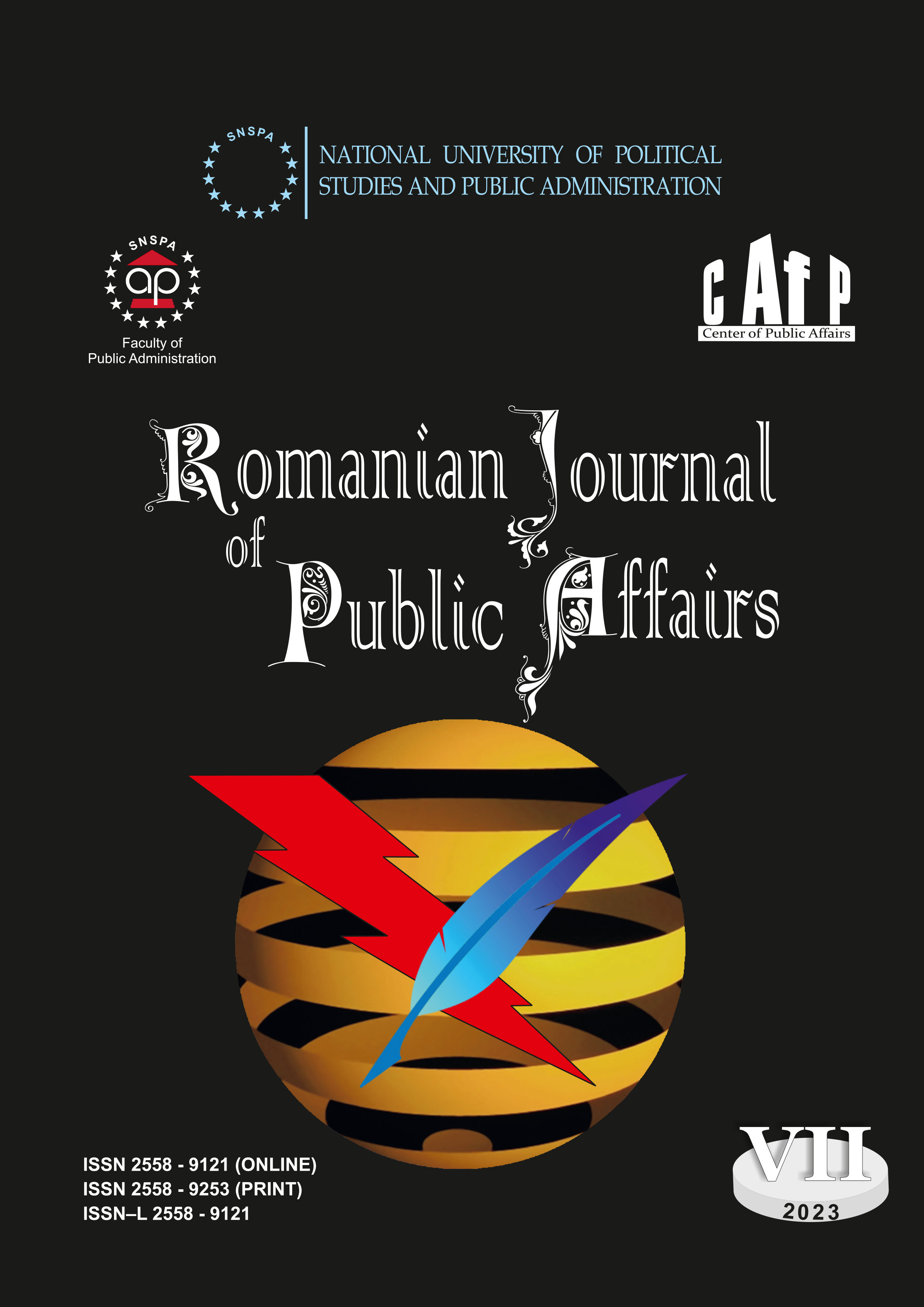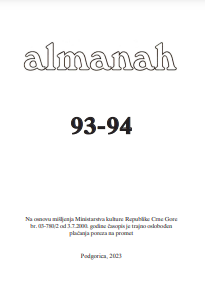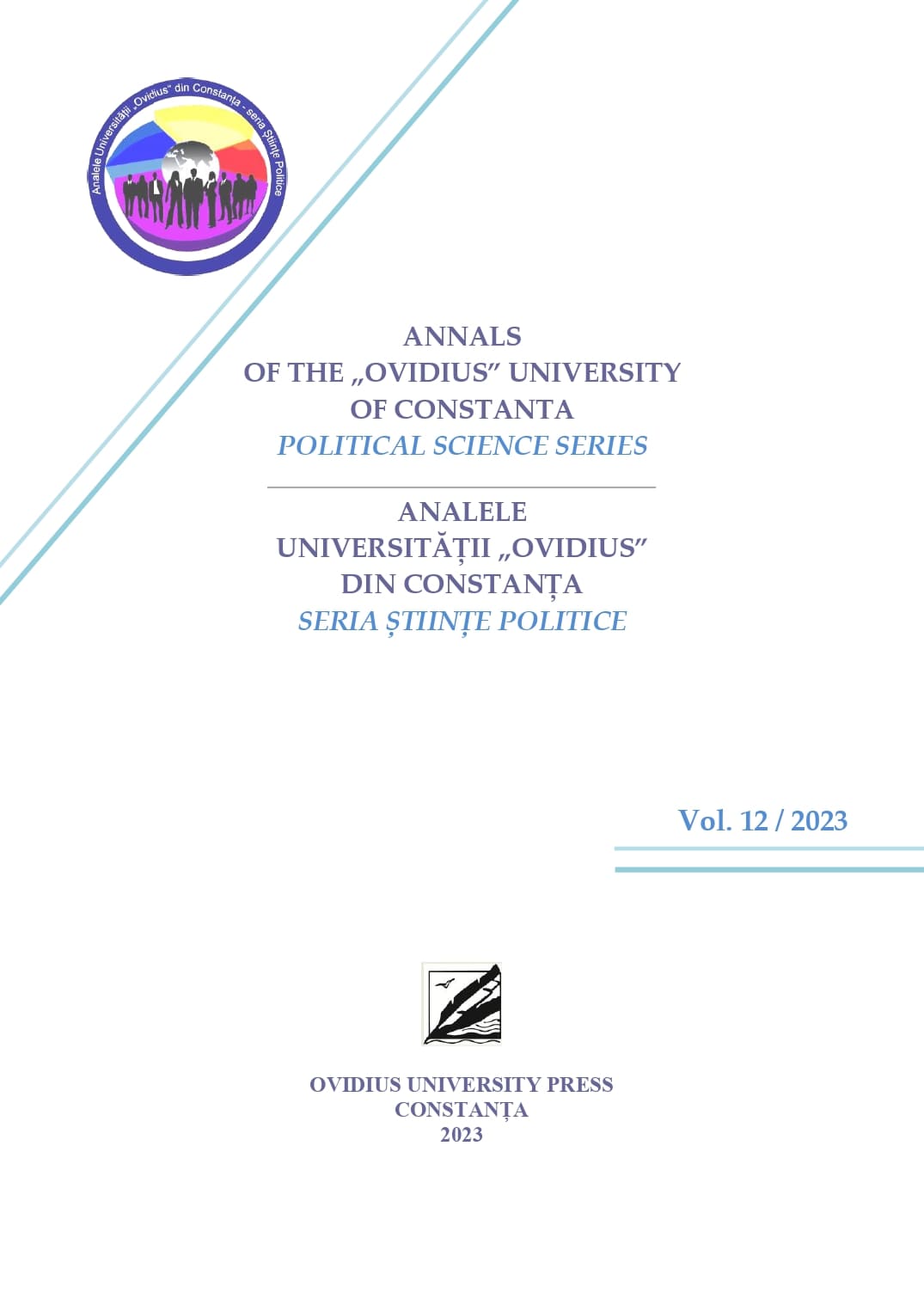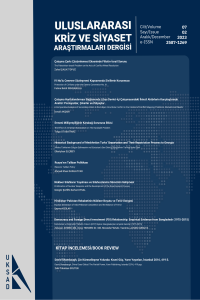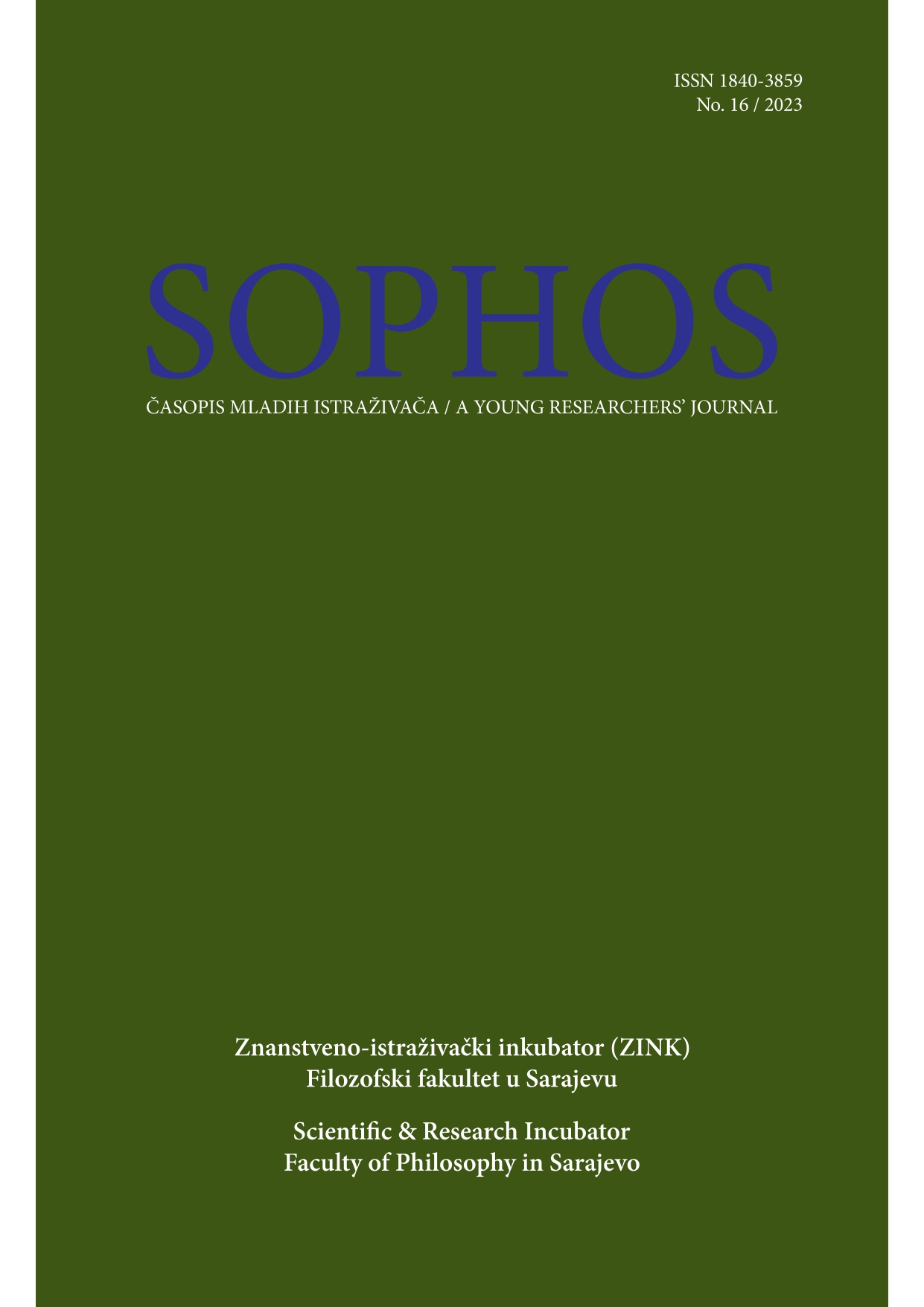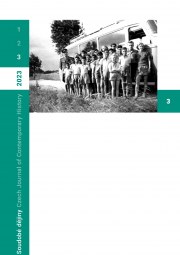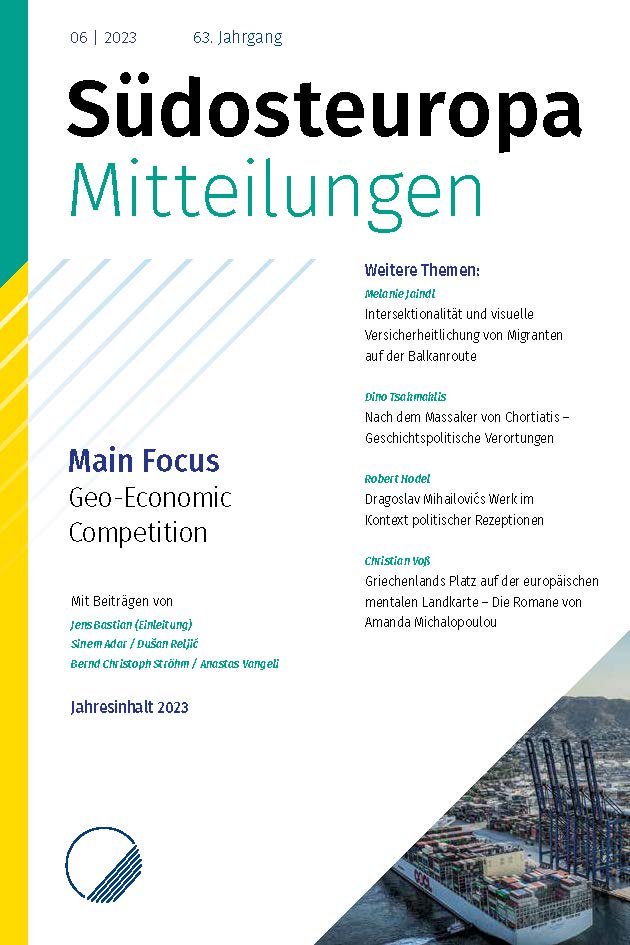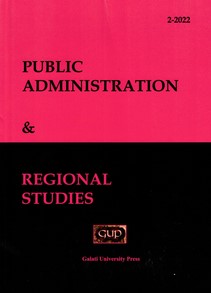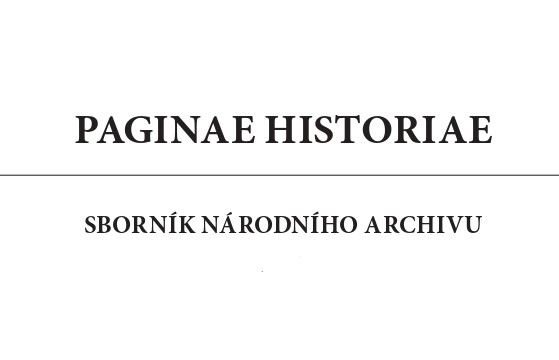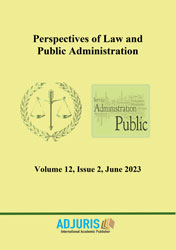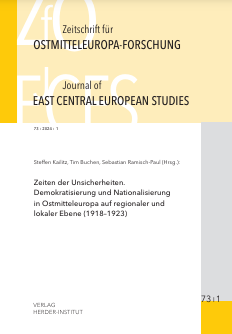Author(s): Rina Zejneli / Language(s): English
Issue: 2/2023
Migration, as a sociological phenomenon, also requires legal regulation, both national and international, and today, for this reason, there are a number of international conventions that regulate migration issues. During socioeconomic formations, migratory movements have never been spontaneous processes, but they have been prompted by a series of factors, such as: economic security, high unemployment, poverty, violation of human rights, persecution due to political beliefs, discrimination, totalitarian government, armed conflicts, religious conflicts, etc. Migration can be internal and international; the same are distinguished among themselves according to the criteria of territory and state borders. The state territory and the borders of a state that is different from other states, is regulated by international legislation and international law. Regardless of whether we are talking about countries of origin or countries of transit, today all countries face the challenges of migration. Even the Republic of North Macedonia as a transit country has been affected by this global phenomenon, also because of its geographical position which is located on the Balkan-Western route, which is a transit route for entering European countries. Migrants who use this route mainly flee from the wars taking place in the Middle East, who first stop in Turkey or Greece, and then in various ways use the territory of the Republic of North Macedonia as a transit to Serbia or even Albania to passed in the countries of the European Union.
More...
